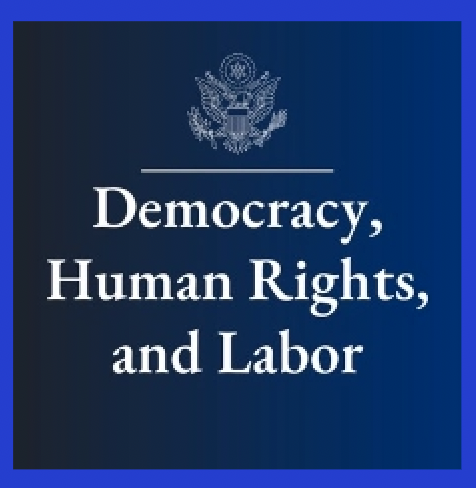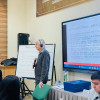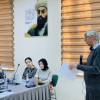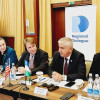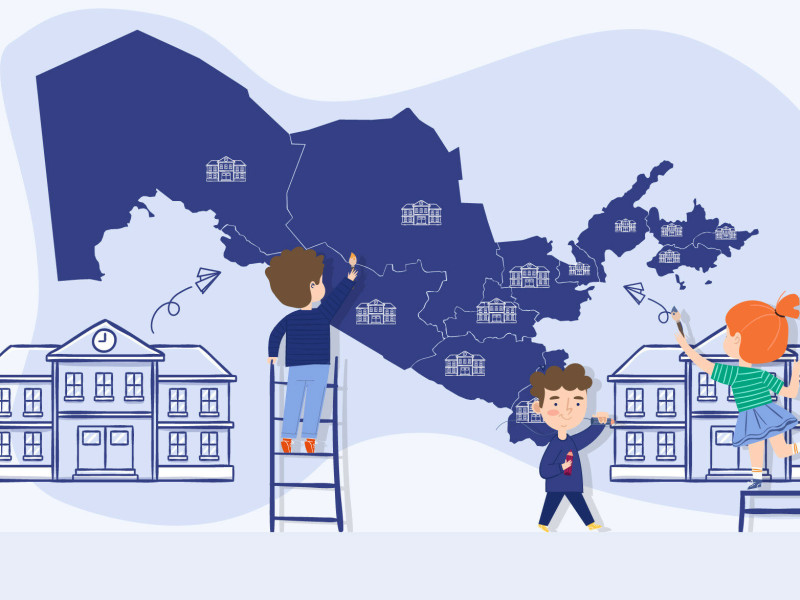
Within the nationwide efforts to ensure transparency, strengthen integrity and limit corruption risks in state budget funded activities in all areas of state administration, the Nationwide Movement, Yuksalish, representing the interests of civil society and uniting its institutions, has designed, and initiated a study to examine the transparency and integrity of the process of admitting children to the first grade in schools throughout Uzbekistan. The study is being conducted within the framework Yuksalish’s project entitled: “Establishment of the First Anti-Corruption Laboratories in Uzbekistan.” Uzbek and international experts of the Anti-corruption Laboratory have in the past months been analyzing the shortcomings in both the relevant legislation and in the education system in general, to design a study to better understand whether those most impacted—parents and school staff—perceive school admissions to be sufficiently open and transparent. After designing the methodology, surveys and interview protocols based on best international standards, the Anti-Corruption Laboratory project has now reached a crucial implementation stage. As the end of April pretests of the study’s survey and interview protocols were recently executed in full privacy among three groups of respondents in two Tashkent City schools: school principals, primary school teachers, and parents of first graders, with a total of 81 respondents participating. The results of the pretest will serve to inform a large-scale nationwide study to be conducted in 112 schools, including 10 schools in the city of Tashkent. The laboratory’s initial focus on the transparency of the process for admitting students to the first grade represents a first time ever approach in Uzbekistan for developing a data-informed mechanism for identifying and addressing corruption risks. By including those directly affected and engaged in the area of scrutiny, the study by Yuksalish will give all stakeholder a voice to share their concerns and views, enable broader awareness building and understanding among citizens on how to address and ultimately eliminate corruption-related risks; and most importantly give the decision-makers important information on which legal and institutional reforms can be implemented with aim of strengthening transparency and integrity of the school system and lowering corruption risks. This important study’s methodology, analysis and assessment of corruption risks can subsequently be applied in other important areas where the daily lives of citizens are most affected. As such, the project is an example of the value and importance of constructive cooperation and engagement among citizens, civil society, and governmental institutions within a national effort to build a society with zero tolerance for corruption. The project ‘Establishment of the First Anti-Corruption Laboratories in Uzbekistan’ was initiated by the Nationwide Movement Yuksalish, jointly with the Anti-Corruption Agency of Uzbekistan, with financial and expert support from the international Non-Governmental Organization Regional Dialogue (Slovenia).
https://yumh.uz/en/news_detail/327
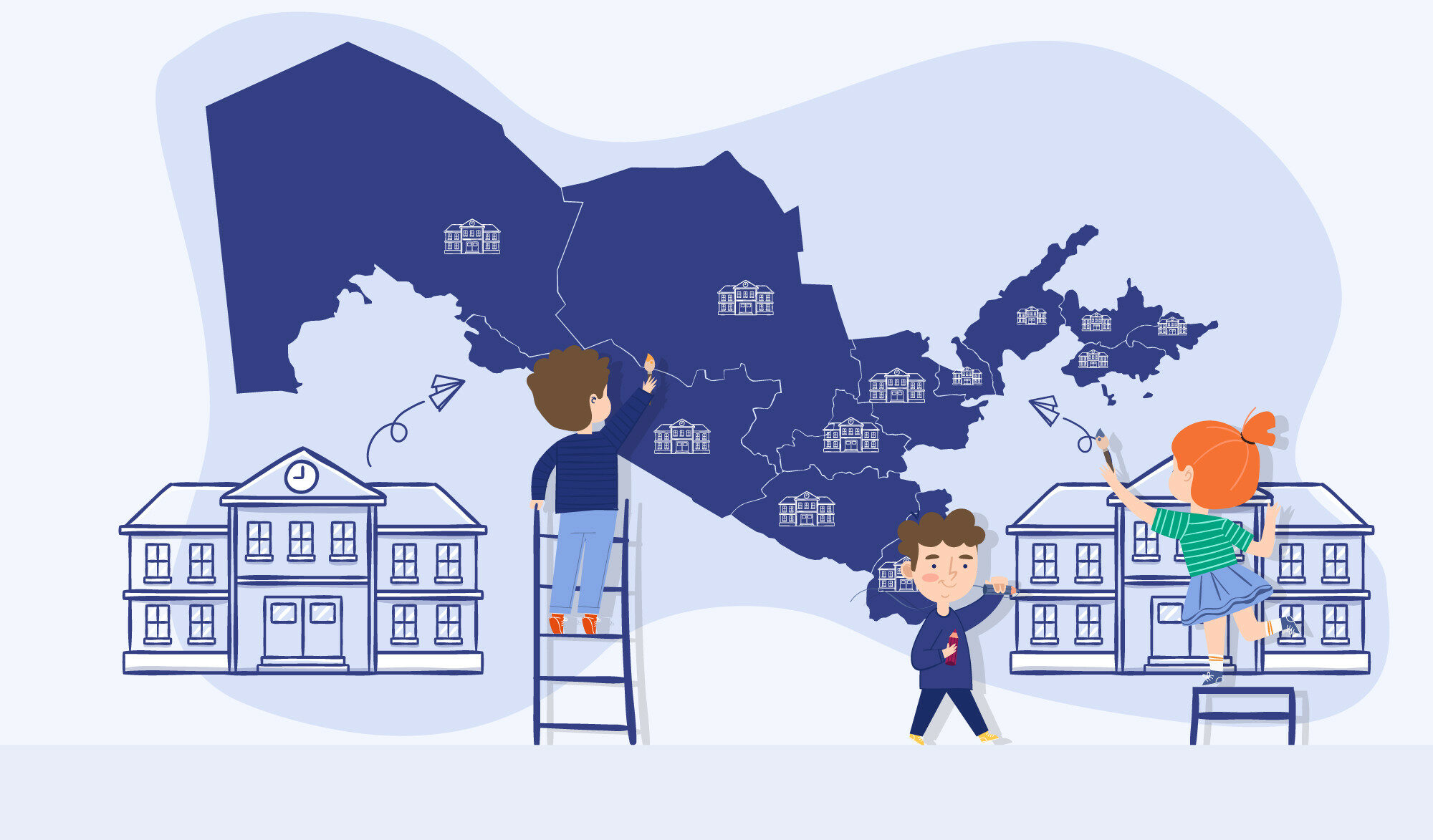
Исследование коррупционных рисков в системе образования охватит 112 школ Узбекистана
Общенациональное движение «Юксалиш» в рамках проекта «Создание первых антикоррупционных лабораторий в Узбекистане» инициировало исследование по изучению прозрачности процесса приема детей в первые классы в школах страны. Для сведения: проект «Создание первых антикоррупционных лабораторий в Узбекистане» реализуется Общенациональным движением «Юксалиш» совместно с Агентством по противодействию коррупции Республики Узбекистан при финансовой и экспертной поддержке международной неправительственной организации «Региональный диалог» (Словения). На первом этапе узбекистанские и международные эксперты проанализировали действующее законодательство и систему образования. Следующим этапом стало исследование на местах. Оно проводится с целью выяснения, насколько должен быть открытым и прозрачным прием в школу по мнению непосредственных участников этого процесса — родителей и сотрудников школ. На данный момент разработана методология, проведены пилотные опросы и интервью соответствующих категорий лиц. По состоянию на конец апреля текущего года пилотные опросы и интервью на условиях конфиденциальности проведены среди трех групп респондентов в двух школах Ташкента: директоров школ, учителей начальных классов и родителей первоклассников. В общей сложности охвачен 81 респондент. Проект Антикоррупционной лаборатории выходит на решающую стадию реализации. Результаты предварительных опросов послужат основой для крупномасштабного исследования, в ходе которого запланировано охватить 112 школ по республике. Антикоррупционная лаборатория, создаваемая в рамках проекта, направлена на изучение прозрачности процесса приема учащихся в первые классы. Она представляет собой первую в Узбекистане разработку научно-обоснованного механизма выявления и устранения коррупционных рисков. Исследование с вовлечением лиц, непосредственно участвующих в процессах приема детей в школы, даст возможность всем заинтересованным сторонам поделиться проблемами и взглядами, позволит повысить осведомленность граждан и понимание ими того, как можно предупреждать, и, в конечном итоге, устранять коррупционные риски. Проект также позволит предоставить лицам, принимающим решения, важную информацию о том, какие правовые и институциональные преобразования необходимы для повышения прозрачности и подотчетности школьной системы и снижения коррупционных рисков. Методология исследования, анализ и оценка коррупционных рисков могут впоследствии применяться в других областях, затрагивающих повседневную жизнь граждан. Проект — это пример ценности и важности конструктивного сотрудничества и взаимодействия между гражданами, гражданским обществом и государственными учреждениями в рамках национальных усилий по построению общества, нетерпимого к коррупции. Пресс-служба Общенационального движения «Юксалиш»
https://yumh.uz/uz/news_detail/327


